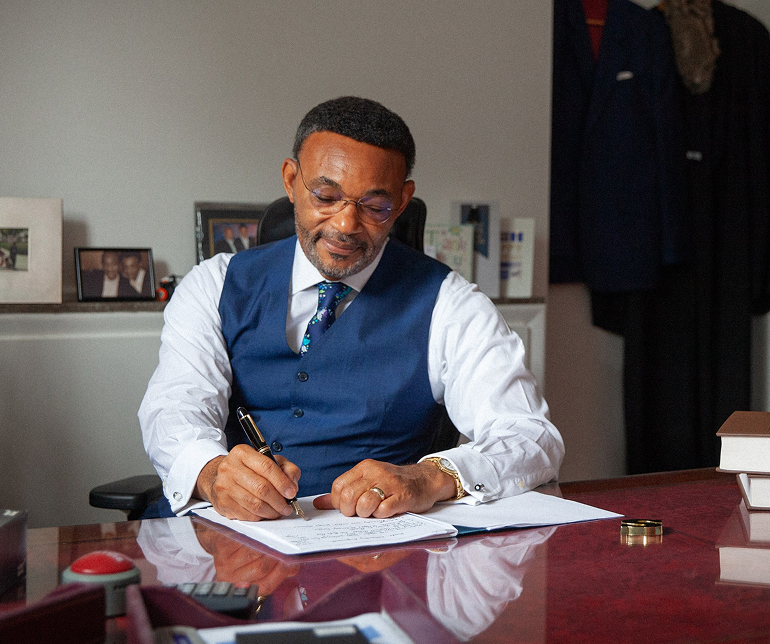Construction, Dispute Resolution
Avoid Further Delay And Disruption To Projects Due To Dispute Resolution
- Written by: Samuel Okoronkwo
- Published on:


Share
There is no point in pretending that your construction project will not be affected by disruptions and delays. It is in the very nature of construction projects that delays and disruption will occur for a variety of reasons. However, that does not mean that your project is doomed to fail – as long as you have taken the necessary precautions with firm management of the construction activities and a clear understanding of what resolution mechanism to adopt in order to avoid the delay and disruption erupting into formal litigation which will in turn delay the project further..
What causes construction disputes?
The cause of construction disputes will usually fall within three main categories: cost, time or quality. In my personal experience, I have found that time related disputes (usually due to ineffective project planning leading to delays) are the most common. However, the extent of the delay and disruption caused to the construction programme will determine whether or not the matter could be resolved by negotiation, reallocation of resources or whether it precipitates the outbreak of formal hostilities – which is to be avoided.
Whatever the extent of the delay and disruption caused it is necessary to prioritise safeguarding the construction programme. This means that the contracting parties must find a way to maintain progress on site while attempting to resolve their differences. This is because stopping work to engage in dispute resolution simply exacerbates the delay to the completion of the project which will invariably have increased cost consequences for all parties.
So, let us break down ways disputes can be avoided.
How to prevent construction disputes
The nuances of dispute avoidance are too grand for a single article – for personalised advice such as that, please get in touch with the team at Mercantile Barristers – but much like the causes of disputes, each avoidance technique will belong, in some way, to one of the three following categories.
Contracts: It is vital that construction contracts are comprehensive and clear In its allocation of responsibilities and therefore risks. The construction contract is at the centre of every successful or unsuccessful project. That is why they must be drawn up with particular skill and care, irrespective of the type of contract deployed.
Communication: Clear communication in terms of drawings, schedules, specifications, letters, e-mails, text and WhatsApp messages must be clear , unambiguous and delivered through pre-agreed channels. Miscommunication not only puts the fate of the project at risk but also negatively impacts those involved in the management of the construction project. Effective communication allows for issues that could lead to disputes to be addressed before they escalate.
Costs: Late payments, unforeseen costs and inaccurate budget allocations are all sources of conflicts that could lead to disputes. Because positive cash flow is at the heart of every successful project, it is essential that the employer should not only ensure at the outset that adequate provisions to cover the contract sum has been made at the outset, but also that a healthy contingency provision is in place. This will enable a more flexible response when unforeseen costs arise and will ensure that ‘penny pinching’ does not precipitate an even more expensive dispute which could have easily been avoided at the outset.
What to do if a dispute becomes unavoidable
As I have already stated, should a dispute arise, this does not mean the fate of the project is doomed. While the dispute itself could and often lead to delay and disruption, it is still possible to get things back on track in less time than you might believe. It all depends on the type of dispute resolution you seek.
What usually increases the delay is the significant amount of time it takes to settle these disputes in court. This is why many in the construction industry are now seeking alternative dispute resolution (ADR) methods. The appeal of these methods is that they are alternatives to court. Therefore, disputes are resolved informally, amicably and suiting the convenience of the contracting parties.
If you would like to learn more about these ADR methods, get in touch with us at Mercantile Barristers. We specialise in construction, planning and property law. When legal issues are complex, intricate, and so important that the most seasoned expert advice and handling is required, our specialist Barristers can help.
contact us
Contact Samuel Okoronkwo
Get in touch today to speak directly with Samuel Okoronkwo for expert legal advice and assistance.



